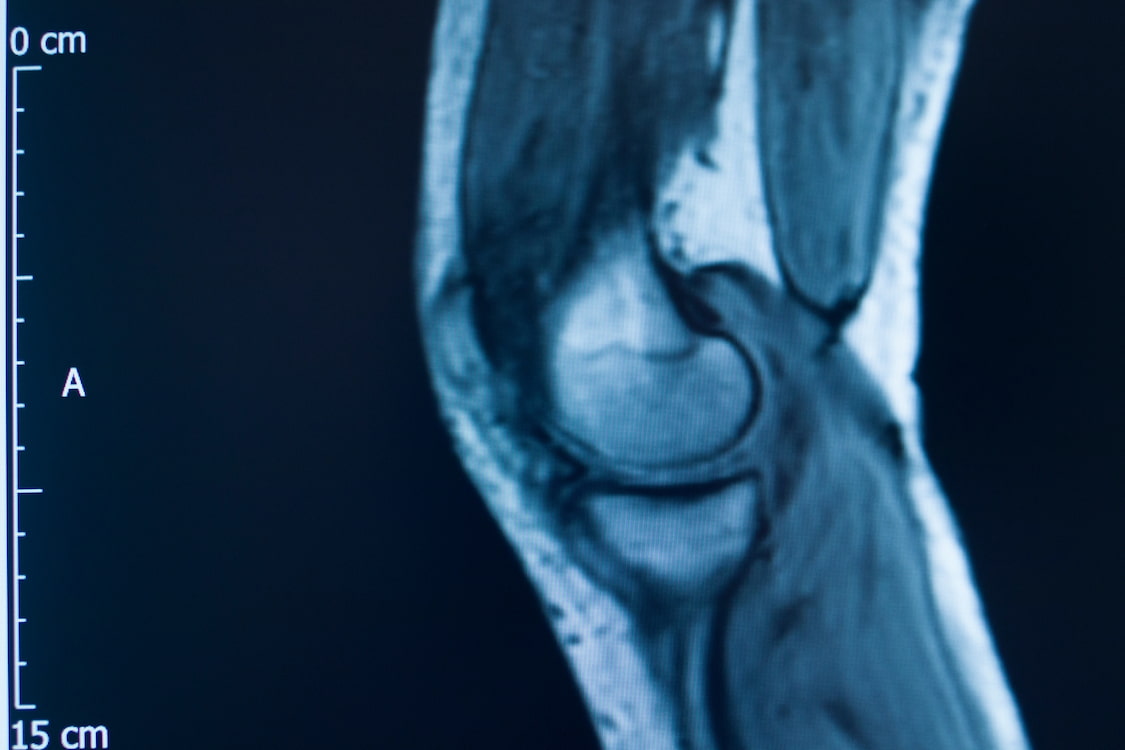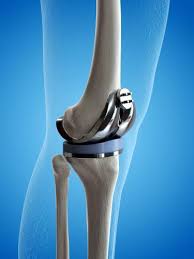
The Dangers of Ignoring Meniscus Tears: Why Treatment Is Essential
If you have a torn meniscus, you might be inclined to try to tough it out and hold out hope that the pain and discomfort will go away on their own. Nevertheless, disregarding a tear in the meniscus might be a very dangerous mistake. In this article, we will discuss the risks associated with putting off treatment for meniscus tears, as well as the reasons why treatment is necessary.
What Happens If I Ignore a Torn Meniscus?
If you choose to overlook a torn meniscus in your knee, you run the risk of developing chronic pain, swelling, and stiffness in your knee. The rip may get worse over time, causing the joint to sustain further injury as a result. This can put you at risk for developing osteoarthritis, a form of degenerative joint disease that can be excruciatingly painful and severely limit your mobility. If the rip is extensive or unstable, it may even cause your knee to give up or lock up, making it impossible for you to walk or move around. This can be quite painful.
Meniscus Tear Symptoms to Watch For
If you're concerned about the possibility of a meniscus tear, it's important to be aware of the common symptoms to watch for. These can include pain or tenderness in the knee joint, swelling or stiffness, difficulty fully extending or bending the knee, a popping or clicking sensation during movement, or a feeling of instability or weakness in the knee. If you're experiencing any of these symptoms, it's a good idea to seek medical attention and get a proper diagnosis as soon as possible to prevent further damage and ensure that you receive the appropriate treatment.
What Happens If You Don't Want Meniscus Surgery?
Surgery on the meniscus is frequently recommended for severe or unstable rips in the meniscus; nevertheless, some people may be reluctant to go through with this form of treatment. It is possible that in certain situations, less invasive treatment options such as RICE (rest, ice, compression, and elevation), physical therapy, and pain medication will be recommended rather than surgery. This is because RICE is a more conservative approach to treating injuries. However, it is vital to bear in mind that the aforementioned therapies might not be suitable for all types of meniscus tears, and delaying surgery might result in extra damage and complications. It is important to keep this in mind.

What Is the Risk of Delaying Meniscus Surgery?
If you delay meniscus surgery, you may experience worsening pain and mobility issues. You may also be at risk for developing osteoarthritis or other types of joint damage. In addition, delaying surgery can make it more difficult to repair the tear or may even require a more invasive surgical procedure to correct the problem.
Is Meniscus Surgery Necessary
Surgery on the meniscus is not necessarily required for mild tears; however, it is frequently suggested for bigger or unstable injuries that are the source of discomfort or difficulties with mobility. During surgery, the torn meniscus may either be repaired or the damaged piece of the meniscus may be removed, however, this will depend on the severity and location of the tear. In many instances, surgical removal of the meniscus can help alleviate discomfort, enhance mobility, and prevent additional damage to the knee joint.
In conclusion, neglecting a meniscus tear can be a significant mistake that can lead to serious consequences. It is crucial to get medical assistance and receive a good diagnosis if you are having pain or discomfort in your knee. In this case, the knee is being discussed. The severity of the meniscus tear and the location of the tear both play a role in determining the treatment options, which can range from non-invasive treatments like RICE and physical therapy to more intrusive procedures like surgical repair of the meniscus. You can lower your risk of problems and experience improved knee health and function if you take action early on and seek effective treatment.
Healthy Türkiye Notes
It's important to remember that meniscus tears can occur for a variety of reasons, including sudden trauma, overuse, or degeneration due to age or other factors. While some tears may heal on their own with proper care and rest, larger or more complex tears may require surgical intervention to fully resolve the problem.
If you are experiencing persistent pain, swelling, or other symptoms in your knee, don't ignore them or assume that they will go away on their own. Instead, seek medical attention and get a proper diagnosis so that you can explore your treatment options and determine the best course of action for your individual needs.
While meniscus surgery may seem daunting, it is often a highly effective and safe procedure that can help to restore proper function and reduce pain and discomfort. Your doctor or orthopedic specialist can help you understand the benefits and risks of surgery and work with you to develop a personalized treatment plan that takes into account your individual needs and goals.
In addition to seeking medical attention, there are a few things you can do to help prevent meniscus tears and other knee injuries. These include:
Warm up before physical activity: Take time to stretch and warm up your muscles before engaging in any physical activity, especially high-impact sports or activities that require sudden changes in direction or jumping.
Wear proper footwear: Make sure you wear shoes that fit properly and provide adequate support for your feet and ankles. Avoid high heels and other shoes that can put unnecessary strain on your knees.
Maintain a healthy weight: Being overweight or obese can put extra stress on your knee joints and increase your risk of developing knee injuries or conditions such as osteoarthritis.
Stay active: Regular exercise and physical activity can help to strengthen the muscles around your knee joint, reducing your risk of injury and improving your overall knee health.
By taking these steps and seeking proper treatment when necessary, you can help to protect your knee health and reduce your risk of developing serious knee injuries or conditions. Don't ignore meniscus tears or other knee problems – take action today to protect your knee health and overall well-being.
.jpg)



